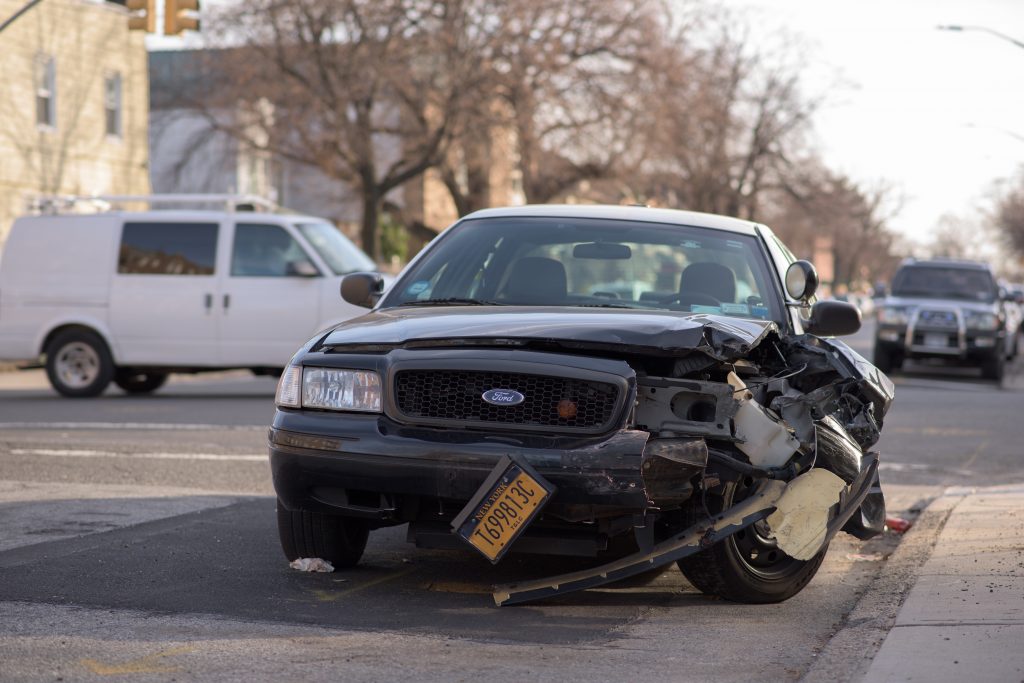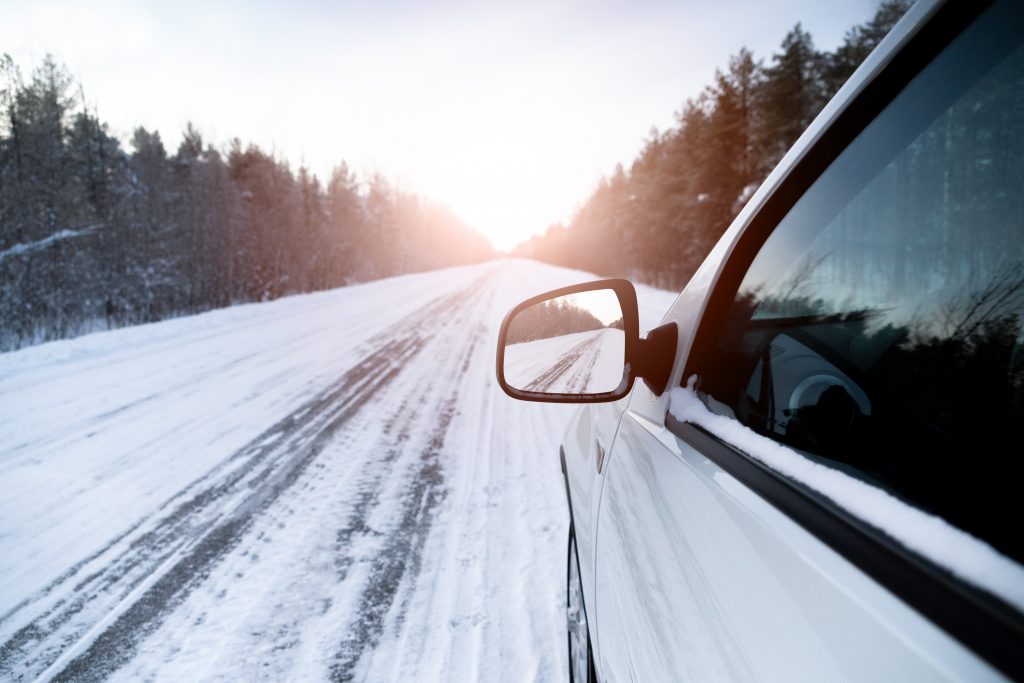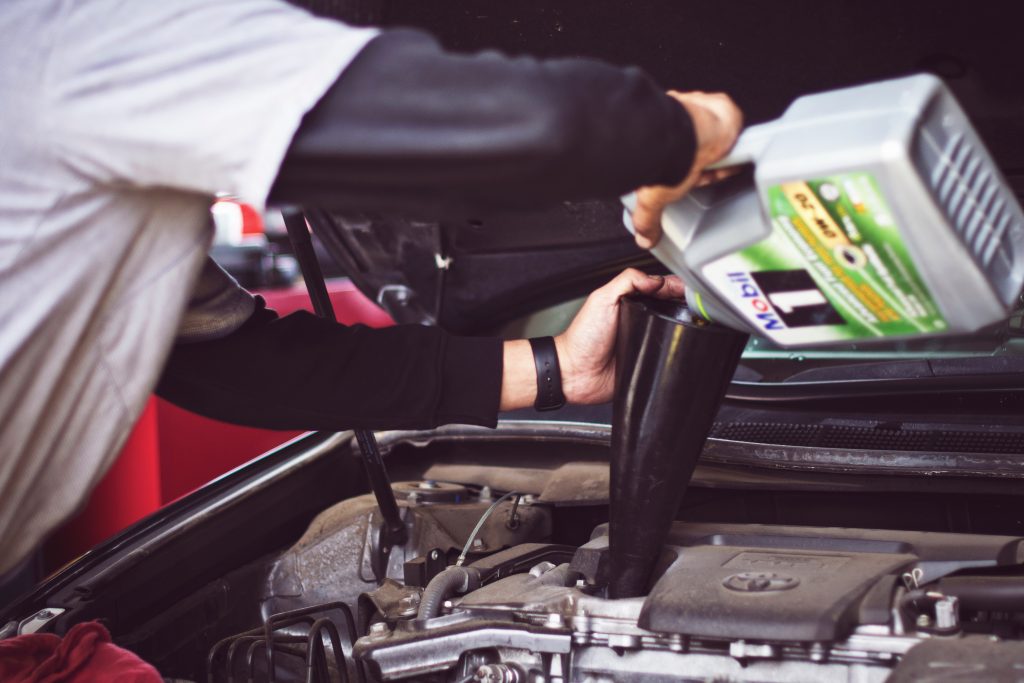Owning a car for the first time can often be beset with challenges and obstacles that you aren’t even ready to handle. No matter when you buy your first car, it’s important to have a baseline knowledge of a few key things in order to make your life a little bit easier.

Here are a few pieces of knowledge every first-time car owner should keep in mind:
Accidents Aren’t the Only Things That Cause Car Damage
Far too many car owners make the mistake of thinking that their vehicle is nearly invincible when they’re out on the roads. This type of mindset can quickly lead to disastrous results if you aren’t careful.
It’s no surprise that significant damage can be done to your vehicle in the event of an accident, but you should never ignore the other factors that can cause damage to your car if you’re not careful.
As a matter of fact, there are four main causes of auto body damage: weather, negligence, fender benders, and high speed collisions. Thinking all you need to do is drive safely to protect your car opens up the floodgates to so many other issues.

Every first-time car owner should be cautious when they’re driving as a defensive driving style can help you avoid a lot of issues with other drivers out on the roads. But you should also be prepared to deal with the elements.
Do you live in an environment that gets a lot of snow and ice? Well, then you need to be ready for the damage that salt can cause to your rims and the underside of the body of your car.
Knowing where the nearest full-service car wash is will help you avoid any unwanted rust on your vehicle. Similarly, if you live in a place that is known for sudden hail storms or strong gusts of wind, then you’ll want to make sure that you have a safe, covered space to store your car when you’re not driving it.
Taking these kinds of preemptive steps to avoid damage from the weather will get you a long way. When you know how weather and maintenance-related issues will affect the health of your car, then you will be far more prepared to make sure that you avoid things that are likely to cause damage to your car.

You Will Need to Finance Your Car
Did you know that big banks only approve around 26.9% of small business loans? On the other hand, alternative lenders approve 56.7% of requested loans.
As much as you might not want to, a newer car will likely need to be financed.
Be prepared to undergo a credit check and to have a monthly car payment in place. You should never hesitate to ask about your financing options when it comes to leasing a car.
As it turns out, the dealership may have a wide range of different financing options to offer you, even if they don’t mention them at the start. A lot of times you can get a much better deal by explaining your current situation and exploring the different financing options that are available for your purchase.
Prepare a Realistic Budget Before Shopping Around Too Much
When you are looking to buy a car for the first time, whether new or used, it’s tempting to get caught up in looking at all the latest and greatest models.
However, this approach can fog your ability to approach your purchase from a rational, balanced perspective. Motorized vehicles are among the three most valuable commodities moved by the U.S. freight transportation system. With such a title, this means that the cost of buying a new car can be rather high.
You should begin the buying process by developing a realistic budget for your vehicle purchase. When you stay within your financial limits, you will be happy that you didn’t make a bad decision that costs you each and every month.

You should also consider saving up and preparing yourself to make a larger down payment on your car. The bigger your down payment, the smaller your monthly car payment will likely be.
It also goes a long way toward your peace of mind when you know you have less to pay on your new car each month.
Get Different Tires for Different Situations
There are four main types of off-road tires: all-terrain, mud-terrain, snow/winter, and sand. And just like off-roading tires, there are different types of tires for road driving, too.
Snow tires and all-weather tires are not the same. If you are driving a smaller vehicle in a climate that doesn’t get much inclement weather, then you won’t need to upgrade to larger tires built for snow.
Knowing that these kinds of differences exist will help you find the best tires that provide optimal performance for your vehicle. Of course, you can always invest in off-roading tires which are entirely different, but these kinds of tires are usually used strictly for the specific purpose of driving off-road.
Whatever your choice, just remember that routine tire maintenance is a vital piece of maintaining performance out on the roads. If you need some new tires, be sure to check out ozzytyres.com.au.
Stick to a Regular Maintenance Schedule
It doesn’t matter how nice your car seems when you buy it, eventually it is going to need some attention from a mechanic. Things break down with wear and tear; it’s unavoidable when you own a vehicle.
However, if you stay on a regular, routine maintenance schedule you can often catch a lot of problems before they become larger, more expensive problems.
Tire rotations, oil changes, and general inspections can save you lots of headaches further down the line.

Get Your Car Legal
Finally, you should always do some research to find out what makes your car safe and legal to drive in your state.
Because most states vary widely on their requirements, it’s wise to do your own research before you buy a car. If your state requires yearly emissions inspections, for example, then it helps to know this in advance. Some states also require regular inspections to check for any malfunctioning vehicle parts.
When you prepare for these kinds of requirements, you will be in a much better position to complete what’s needed without getting upset or breaking your budget.

Owning a car for the first time is exciting. Follow these simple tips and you’ll be sure to make the most of your new vehicle.
Have fun and drive safe out there!

Leave a Reply